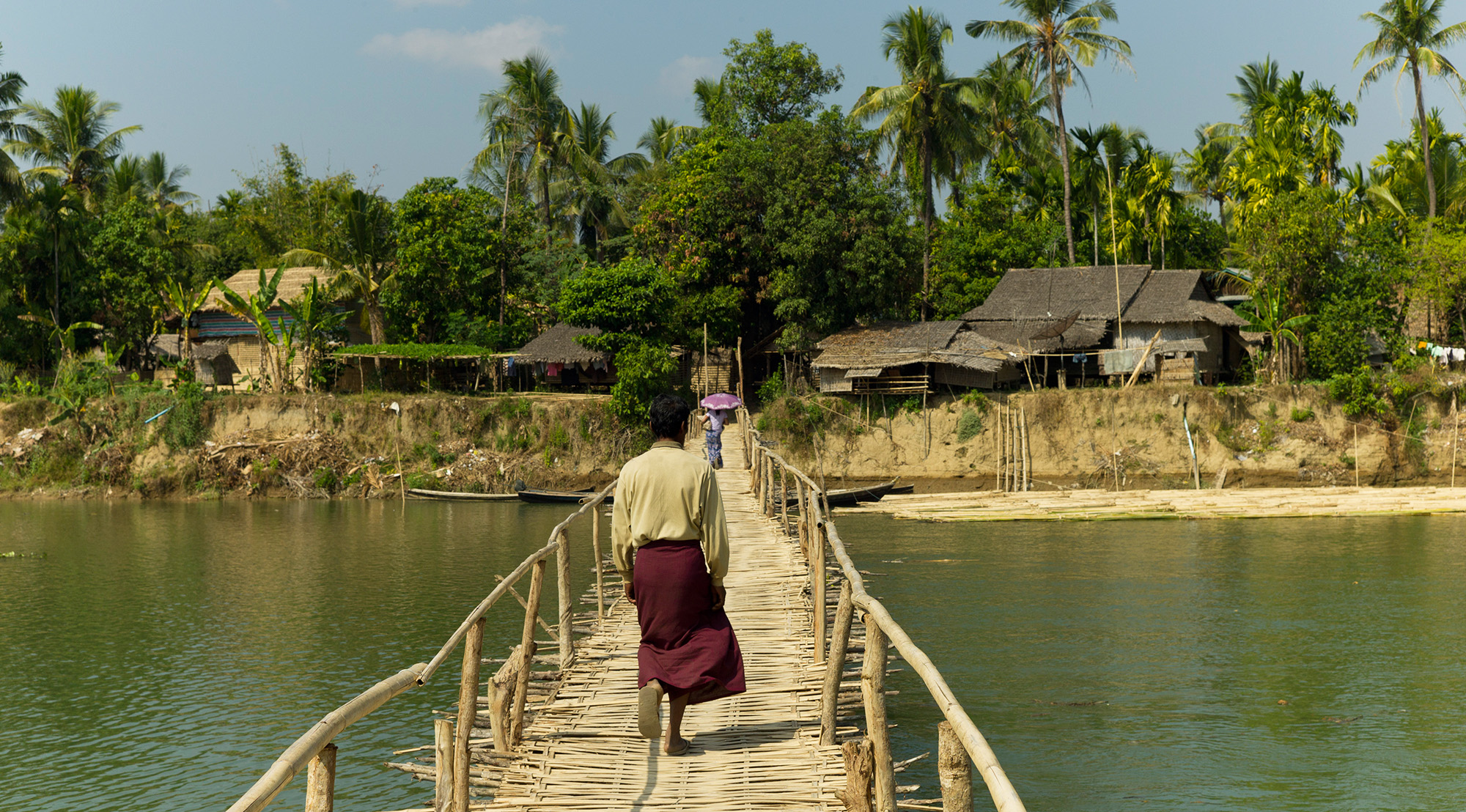Violence has raged across parts of Myanmar for over 70 years. What started as armed struggle against a centralised government following independence from colonial rule evolved into a complex array of conflicts between ethnic minority groups and the Myanmar military. With a high number of ethnic, religious and linguistic groups in the population, diversity is at the heart of the question surrounding peace in Myanmar: what would a governance model and political system look like that would be supported by and representative of the population?
Since 2011, successive governments have injected their hopes and energies into a negotiated peace process, culminating in October 2015 with the signing of a Nationwide Ceasefire Agreement between ethnic armed groups and the government. After celebrating its fourth anniversary, many peacebuilders in Myanmar are reflecting on its impact so far and asking what happens next.
There is evidence of real benefits from the ceasefire on the ground: improved security and economic growth in certain areas and important political recognition for non-state bodies such as ethnic education and health services. But the non-inclusive nature of an agreement that included less than half of Myanmar’s 22 ethnic armed groups has entrenched divisions, and intensified clashes between armed groups and the military, failing to curb harmful and often illicit economic activities. These dynamics, underscored by the highest levels of fighting seen in decades, have not been addressed by an asymmetric peace agreement and are likely to continue.
In this context it can be challenging to see a productive way forward for inclusive peacebuilding work, navigating precarious relationships between myriad actors, volatile reactions to regional geopolitical forces, and the ever-changing landscape of donor politics. A new project called Smart Peace is seeking to rise to the challenge. Funded by the UK Government, Smart Peace is a global initiative uniting the expertise of consortium members The Asia Foundation, the Centre for Humanitarian Dialogue, International Crisis Group, ETH Zurich, Behavioural Insights Team, Chatham House and led by Conciliation Resources, to address the challenges of building peace in Myanmar, the Central African Republic and Nigeria.
The project combines peacebuilding techniques, conflict analysis, rigorous evaluation and behavioural insights for positive change in conflict-affected contexts. In Myanmar, it looks to build the background conditions and encourage reforms which will enable current and future peace processes to be more effective. The two-pronged approach will see peacebuilding, security transition and governance reform activities, informed by in-depth and ongoing analytical work on the context as well as the peace support landscape which seeks to address it. An ambitious set of dialogue events will be launched, aiming to generate debate and build common ground across conflict lines on concrete, technical issues. An iterative system of analysis, implementation, learning and adaptation will produce a significant body of literature and lessons learned for peacebuilding practitioners in Myanmar and globally.
Progress towards peace in Myanmar is hampered by a non-inclusive peace process, increasing and overlapping conflicts on the ground, and low faith among some leaders in a comprehensive negotiated process. In response, the international community should consider different ways of broadening dialogue, promote related reforms to existing civil and military systems, and harness the widespread desire for meaningful and inclusive peacebuilding. By doing so, and by showing the patience to stay the course, they can help to champion diversity over division.


